How might a combined best XI of Arsene Wenger's 20-year Arsenal reign look?
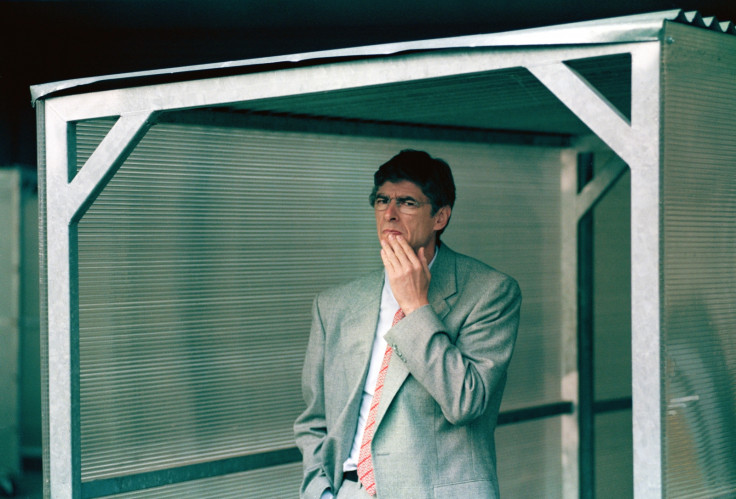
KEY POINTS
- Wenger was introduced as the Arsenal manager in September 1996.
- Frenchman is the club's longest-serving boss and most successful in terms of titles won.
September 1996: John Major was Britain's Prime Minster, the Spice Girls had just released their debut single Wannabe and a little-known Frenchman was poised to revolutionise England football.
Arsene Wenger arrived on English shores 20 years ago today (22 September) for his introductory press conference amid much bemusement. His forward-thinking ideas and professor-like appearance made him stand out in the English game, where, at the time, foreign imports were still treated with more than a modicum of suspicion.
But Wenger subsequently dragged the English game kicking and screaming into the 21st century, advocating a more disciplined approach to fitness and a more eye-catching brand of football. Here, IBTimes UK looks at the best combined team of the Wenger era.
David Seaman
Despite winning 75 England caps and numerous league titles, Seaman remains one of the most underrated players of his era. High-profile errors in the 1995 Cup Winners' Cup and the 2002 World Cup went some way towards overshadowing a lengthy career of consistent excellence.
Lee Dixon
Younger readers may be more familiar with Dixon as a pundit, but he was also a dependable, hardworking fullback during his playing career, forming a key part of one of the most miserly defences in modern history.
Tony Adams
Wenger had the fortune of inheriting an Arsenal team that had Adams as its captain. And despite his well-documented off-field troubles, the inspirational centre-back led the Gunners to a memorable double in 1998.
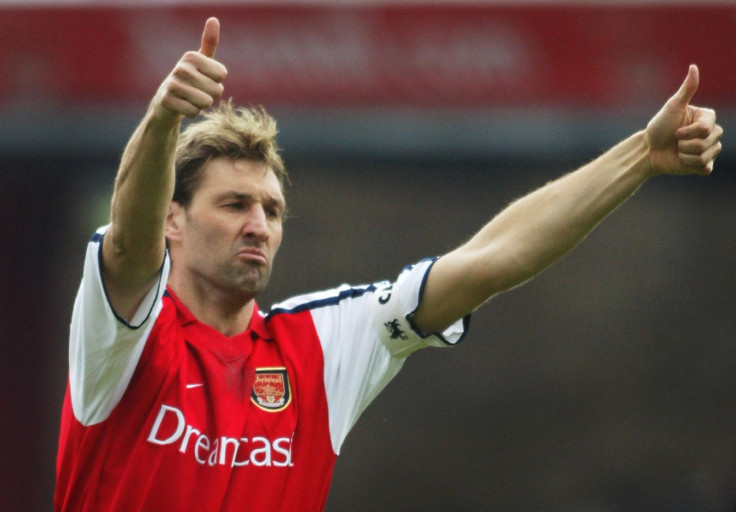
Sol Campbell
A divisive figure in north London, certainly, but no-one can dispute Campbell's quality. He was the cornerstone of the Invincible season in 2003-04 and one of the most fearsome defenders of the Premier League era.
Ashley Cole
Prior to his controversial switch to Chelsea, Cole was a hugely popular figure among Arsenal fans, having risen through the youth ranks to cement his place in Wenger's side. Equally adept at attacking and defending, Cole could have played for any team in the world in his pomp.
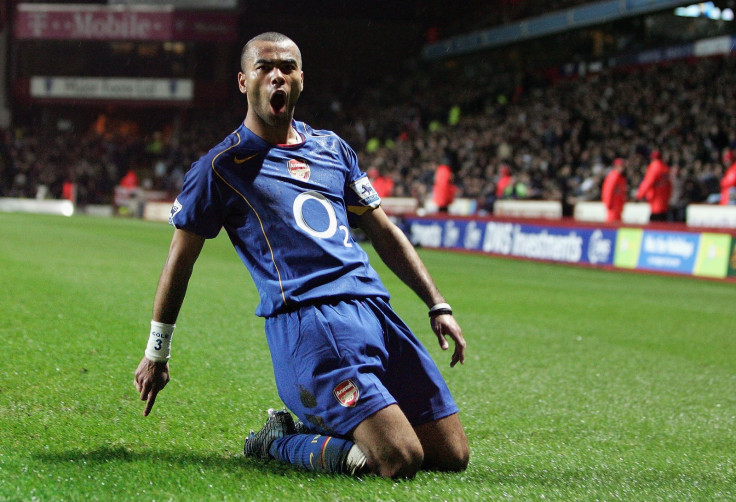
Freddie Ljungberg
The Swede may not have been the most naturally gifted player of the Wenger era, but his intelligent movement and penchant for scoring in big games made him a crucial part of the invincibles side.
Patrick Vieira
At his best, Vieira was a force of nature and alongside Roy Keane, the most influential midfielder of the late 1990s and early 2000s. On reflection, it is no surprise that his sale to Juventus in 2005 coincided with Arsenal's subsequent decline.
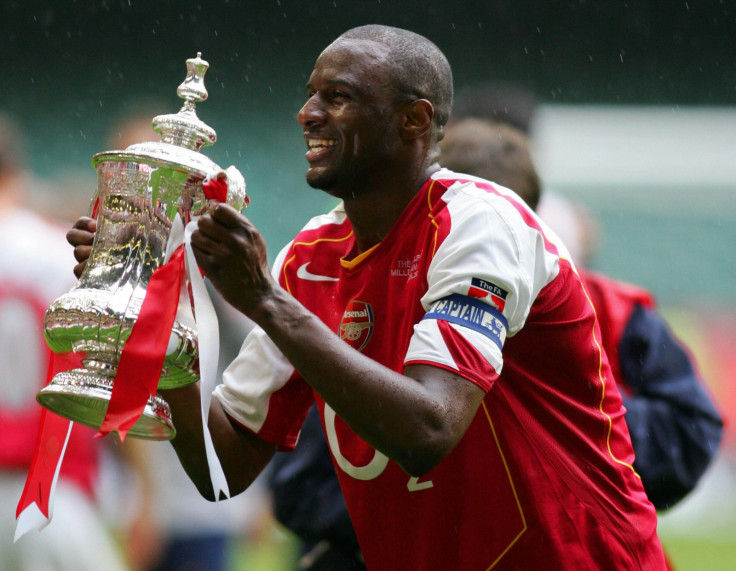
Emmanuel Petit
Perhaps because his peak appeared to be so short-lived, it is easy to forget what a brilliant midfielder partner Petit was for Vieira during the double-winning season.
Robert Pires
The Frenchman and Cole developed an incredibly effective partnership at Highbury and created a blueprint for other teams to follow, with the right-footed Frenchman often moving in field from the left-wing to allow Cole to go marauding forwards.
Dennis Bergkamp
Unlike many of his Arsenal teammates, Bergkamp lacked blistering pace or enviable power – but boasted peerless touch and technique. Even rival supporters would have to admire some of the Dutchman's eye-catching goals and memorable assists.
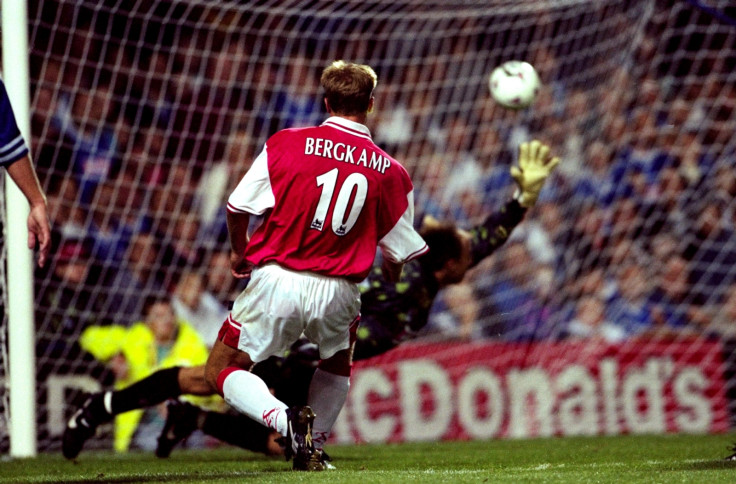
Thierry Henry
Perhaps the best and most popular player in Premier League history, Henry was simply unplayable at his best, combining his rare physical gifts with his magical skills to inspire Arsenal to multiple trophies. Henry, a winger-turned-forward, redefined the role of the striker and helped Wenger to become an icon of the English game.
© Copyright IBTimes 2025. All rights reserved.





















